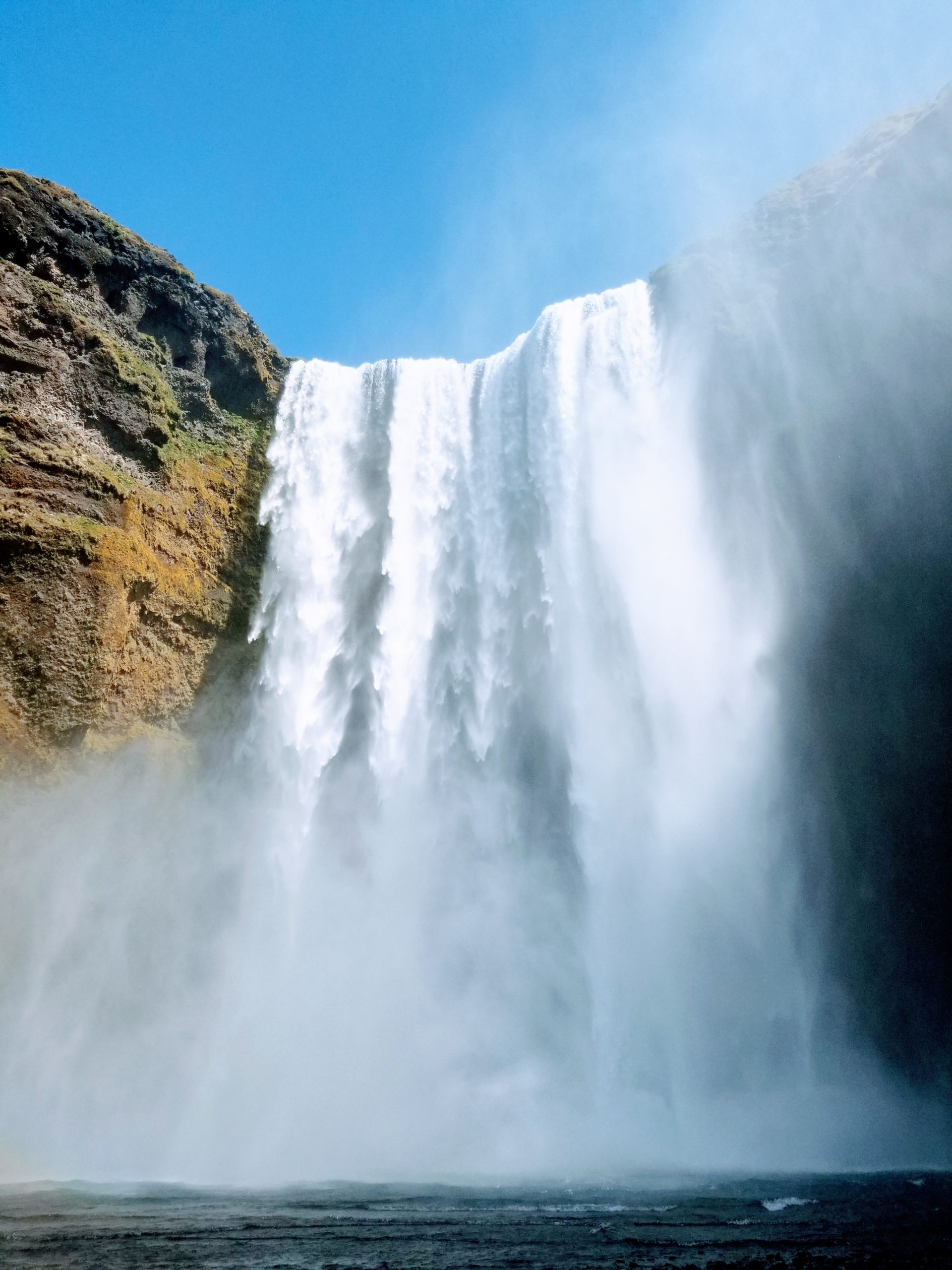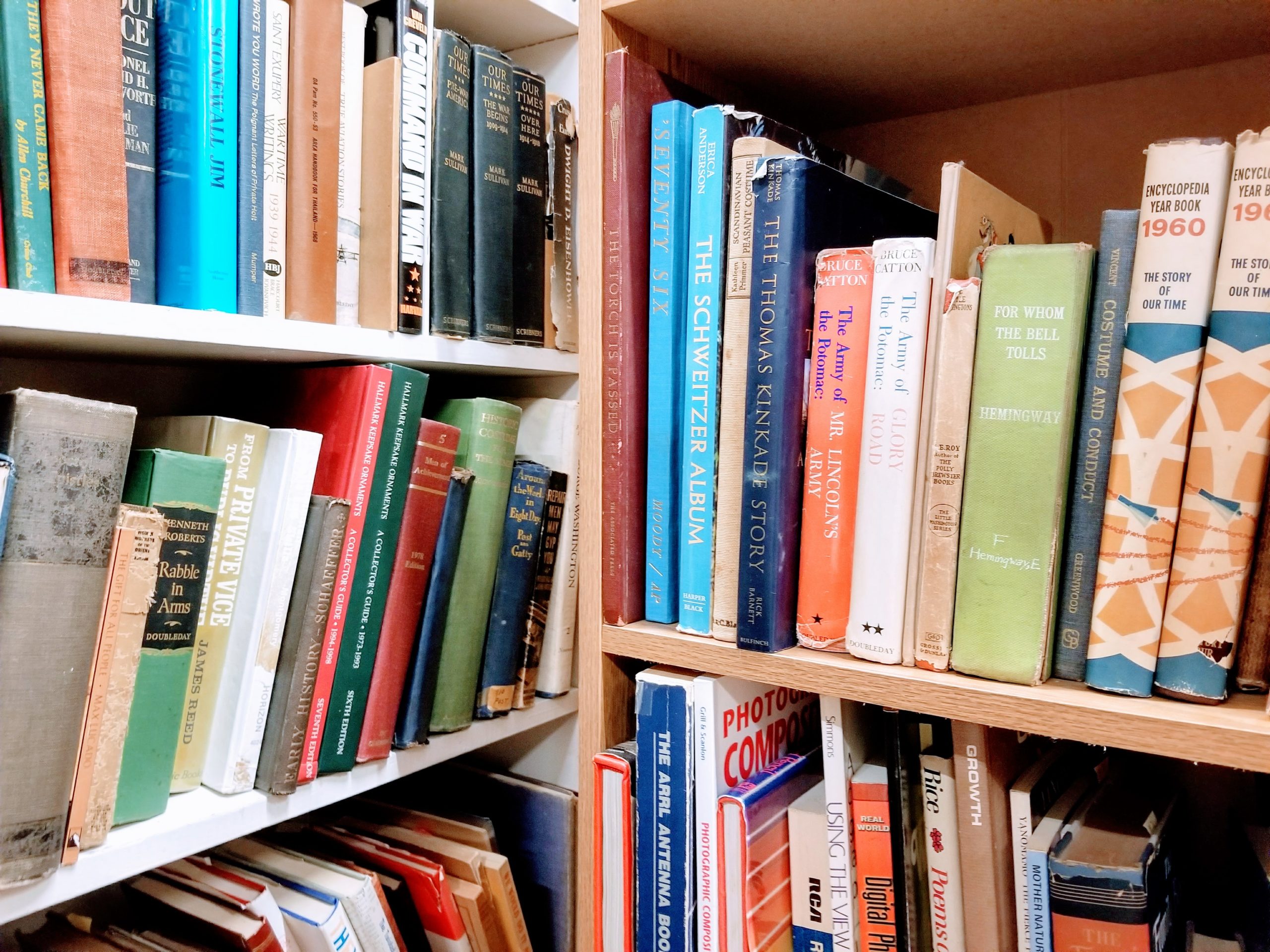
Per capita, Iceland has the highest number of writers in the world. One in ten people in Iceland have published a book, and one in four people work in a creative field. The country is home to countless number of artists and creatives, with many musicians from the tiny island nation in the north gaining global popularity. Literature is the oldest of those arts practiced in Iceland, however, and the famous sagas are still read by Icelanders faithfully today. The capital city of Reykjavik is designated as a UNESCO Literary City. This is not all just one big happy accident. There is a reason Iceland is a haven for writers, and why creativity thrives in this little country in the Arctic.
Thanks to the social structures of Iceland, residents are highly independent and open-minded. While the country is technically a Christian one, it adopted the religion under the conditions that pagans could still practice privately. Recent polls show that close to 1% of young adults in Iceland believe in the Christian God. This is not to say that everyone is atheist, but it demonstrates how diverse the beliefs are in the tiny country, and how open-minded people are religiously. Icelanders are also socially open-minded, and the country consistently ranks as one of the best countries in the world for women and those in the LGBTQIA+ community. This in turn contributes toward Iceland consistently making the top 5 places on the World Happiness Report, as those who live there can safely be themselves.

The open-mindedness that helps Icelanders express themselves artistically (and be safe to spend energy on doing so), is also rooted in schools. The focus is on “free learning” rather than testing, so children are allowed to explore what interests them. The arts are emphasized (for example, every child learns to knit, since it’s practical). This allows them to think in a less restrictive way, as well as add to their sense of independence. Learning is a hands-on experience, and it’s accessible for everyone regardless of the price tag. This free-thinking form of education is called IE Curriculum (Innovation Education Curriculum), and is highly popular in Scandinavia. Teachers are said to act as “facilitators” rather than acting essentially as parents who lecture students and keep them in line. It also reduces hierarchal thinking, which is mirrored in the way that Iceland’s government is set up.
Iceland is a very small country, and with less than 370,000 people living there, the government is easier to be in touch with. Leaders are accessible, and it opens doors for artists who would not have had so many other opportunities in larger nations where it’s nearly impossible to meet with government officials. Life is more egalitarian in the country at a government level, but it is very helpful for artists to be able to be seen and aided by leaders. They are taken care of, and thanks to the more socialist structure of government, everyone’s basic needs are met, which gives people time and resources to engage in art—a luxury that people in other countries aren’t given.
The important practice of creating art is something to which everyone should have access. Slow living, governments that discourage “hustle culture,” and engaged learning all help cultivate an environment that allows art to thrive—especially writers. Writing is one of the more time-consuming arts, and if we want to create a world where it is more possible for more people, we have to make space for it. Iceland’s history is undeniably tied to storytelling and writers, but their current social structures, education system, and government are all entities that can be replicated or at least honored. If countries want to make space for more rewarding and enriching art and literature, they need to allow their citizens to open their minds. They need to ensure that they have their basic needs met, and they need to encourage slowing down and living in a hands-on way. Otherwise, it will continually be an uphill battle and a land of “starving artists,” while in Iceland they thrive.
Get more like this—Sign up for our daily inspirational newsletter for exclusive content!
__
Photo: Emily Iris Degn




